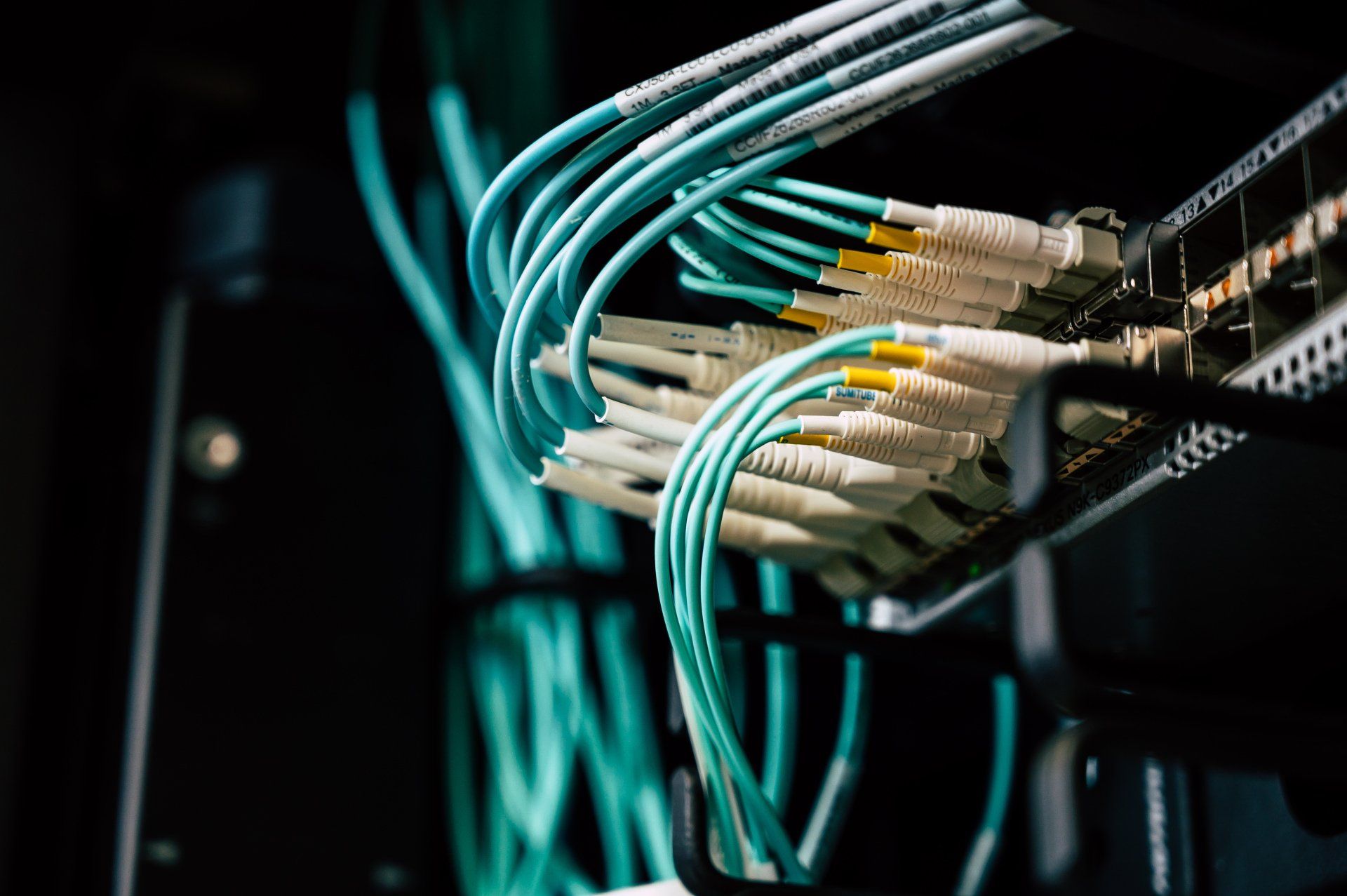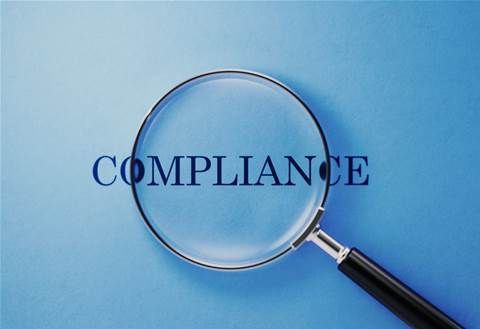Latest News
As we dip further into the digital age, cyber security remains a crucial part of risk management for all businesses. Regardless of whether your business is big or small, to effectively implement cyber security measures, a great first step is to start with an understanding of the different types of cyber security services. In this article, we’ll explore the 5 main types of Cyber Security, why you need them, and how they all serve to protect your business’s important data, assets, and reputation.

5 Types of Cyber Security
1. Network Security
Network security is the measures used to safeguard your computer networks from unauthorised access. This encompasses the protection against security breaches, exploitation of authorised accounts, and various other threats that prevent organisations from meeting the demands of their employees and clients.
Some standard technologies that will help with network security controls are firewalls, Virtual Private Networks (VPNs), Intrusion Detection Systems (IDS) and Intrusion Protection Systems (IPS).
Network security is serviced through securing various aspects of your network:
- Physical protection: Physical protection of network infrastructures means your data routers, data centres, and servers are secured to prevent unauthorised physical access. This is performed by situating the physical hardware of your network in a secured environment.
- Secure storage of data: By encrypting data or implementing similar processes and ensuring your company’s network infrastructure such as servers are patched from vulnerabilities and prevented from infiltration.
- Administrative protection: These are security restrictions that are placed on employees’ accounts, file management, and other tools of a company that will prevent any possible network breaches. A common example is Identity and Access Management (IAM), which controls who can access your data and systems.
2. Application Security
Nowadays, businesses use many different types of software to help manage business-related tasks. Whether they’re custom-made or are created by a third party; stored in the cloud or locally, these must be secured. There are many good practices to make sure that applications are safe:
- Software updates: For application security, it’s important to keep up to date with applications software updates, as updates patch known vulnerabilities that cyber-criminals target.
- Enable application security: reputable application providers will have in-built security features. Make sure these are configured correctly in your software.
- Regular risk assessment: Regular risk assessment by a cyber security service like CyberUnlocked ensures that your application security is kept up to date and protected against the latest threats.
- Strict access control: Having strict access control on applications is a great preventative measure from possible security breaches.
3. Internet Security
Internet or Web Security breaches can easily happen when a company does not have preventative data-protecting measures. The high magnitude of internet threats and access via web-based applications can leave an organisation’s internet security to be full of vulnerabilities. The most common internet/web cyber security solutions include:
- Regular training of employees on cyber security
- Filtering Web Content
- Protecting your data transmitted over the internet
- Strong Email Security
- DNS (Domain Name System) Layer Protection

4. Cloud Security
Cloud services are more prevalent now than ever. Many businesses use cloud computing for its excellent data storage, scalability, applications, and improved protection. However, it’s still vital to keep up with the security of cloud services, especially, when companies are relying more and more on cloud computing to store sensitive data.
Some practices to enhance cloud security includes:
- Comprehensive visibility: No matter how many cloud services and solutions you use, you need to keep and manage the security of your data. One common method is to use a Cloud access security broker (CASB) solution. This is software or hardware that acts as an intermediary between the user and your cloud services and allows you to enforce security policies.
- Security monitoring: continuous security monitoring is critical to alert technicians that a cybercriminal is attempting to access your cloud environment. The quicker the response the better a business’s chance of avoiding or recovering from an attack.
- Identity and access management (IAM): This protects your business against potential attacks by coming up with a management plan (such as a secured sign-on system and multi-factor authentication) to ensure the safety of your company.
5. Endpoint Security
What is an ‘endpoint’? An endpoint is any device that connects to your corporate network or is used by any of your employees to access your business applications and data. These include laptops, tablets, digital printers, mobile phones, etc.
With growing remote working setups and bringing your own device trends, it’s critical to implement proper endpoint security measures. Endpoint security provides you protection and response to combat threats such as viruses, ransomware and credential thefts. With today’s advanced malware, exploits, and other stealthy techniques getting the right malware and ransomware protection is crucial to device security.
How CyberUnlocked can help?
Contact us today to let our security professionals find the best cyber security measures to protect your business.
More CyberUnlocked Blogs





